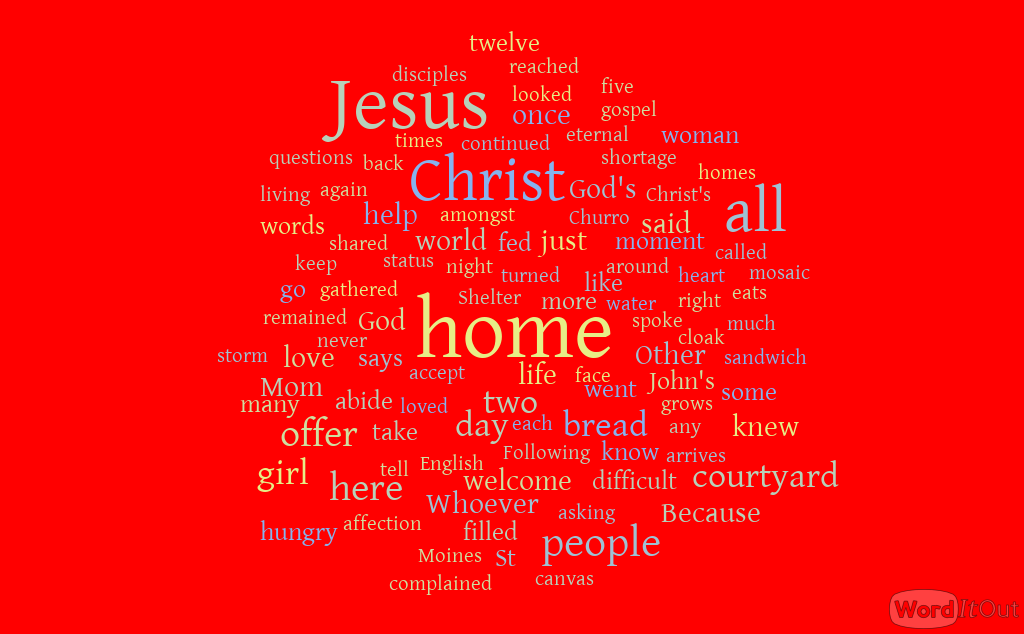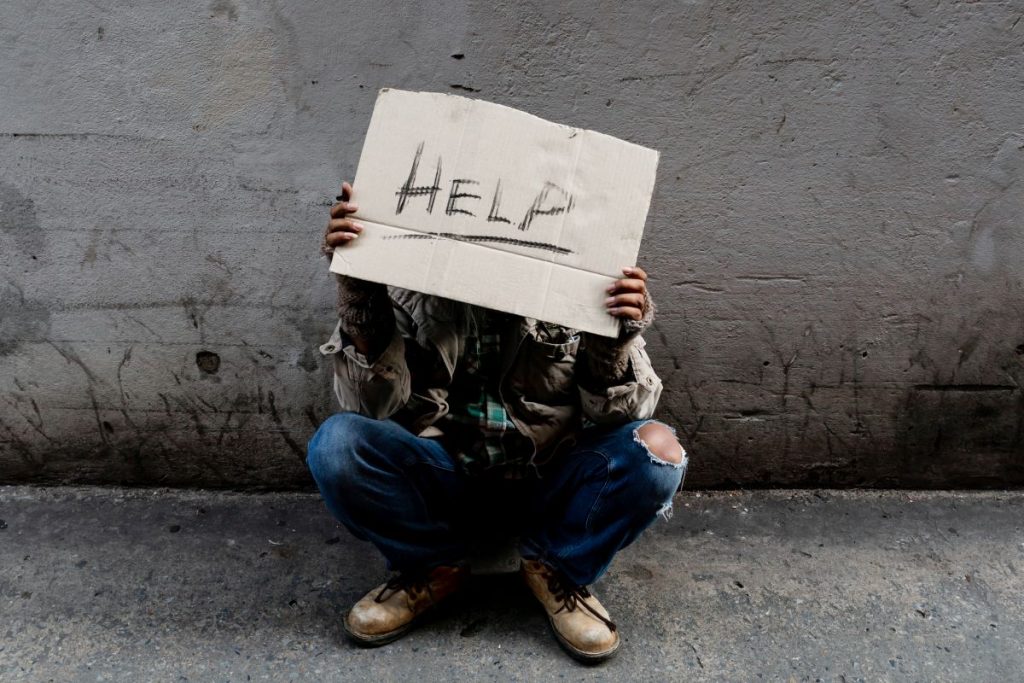On Wednesday September 4, 2024, a 14-year-old student at Apalachee High in Winder, Ga, entered his school with a rifle. Around 10am he began firing at fellow students and teachers. Minutes later four people were dead, nine were injured.
Some students during the shooting huddled quietly in their classrooms for more than an hour. Many left their phones behind when they eventually evacuated. This made it difficult to connect with anxious family members.
Traffic snarled around the school as parents scrambled to find their kids.
Back home, my wife and I received emails and texts from our children’s schools naming the incident. Naming what each school is doing to try and keep our kids safe.
Just as they do every time a mass school shooting happens in the US.
Here we go again.
This latest US mass school shooting joins many others before it in recent history, including:
- Uvalde Texas Elementary in 2022 (22 killed, 18 injured)
- Parkland Florida High School in 2018 (17 killed, 17 injured)
- Sandy Hook Elementary in 2012 (28 killed, 2 injured)
- Virginia Tech in 2007 (33 killed, 17 injured)
- Columbine Colorado High School in 1999 (15 killed, 21 injured)
The shooting on January 4 of this year, at Perry High School, a mere 40 minutes from downtown Des Moines, is still fresh on our minds. That day a seventeen-year-old killed two people, including a 6th grader and the principal, injured another six, and then turned the gun on himself.
The student accused of this latest mass shooting in Georgia, Colt Gray, used a black AR-15 style semiautomatic rifle. As best we know, the gun was purchased legally by his father. According to three different law enforcement officials the weapon used was given by the father, to the son, as a Christmas gift, in December of 2023.
Think about that. Christmas.
The day we Christians celebrate the coming of the Prince of Peace. Is the day this gift, of a semiautomatic rifle, to a minor, was given and received.
Text
Today I’d like to reflect on the text from James 2.
Consider two people who walk in the same room, James says.
One is blinged out with gold and fine threads.
The other is poor. What they wear is worthless.
If you treat those two people differently, saying “have a seat here please,” to the person with, and “stand over there,” to the person without, you have placed –
higher value on the wealthy, and
lower value on the poor.
It is this two class system Rosa Parks rebelled against when she boarded a public bus in Montgomery Alabama in 1955, refusing to move from her seat.
Consider two people who walk on the same bus.
One is white.
The other black.
If you treat those two people differently, saying “have a seat up front,” to one while saying “your place is in the back” to the other, you have done something.
You have placed –
higher value on light skin, and
lower value on dark skin.
It took boycotts, marches, and ultimately new laws borne of the Civil Rights movement of the 1950s and 1960s to correct this injustice. It took changes to US law for this discriminatory practice to go away.
James chapter 2 uses slightly different language.
When you treat two people differently, based on anything, scripture says:
It is favoritism.
It is partiality.
It is, in a word, sin.
When you do this, verse 4 says, we become judges with evil thoughts.
Ouch.
The reason showing favoritism runs counter to what we are called to as Christ followers is simple. Showing favoritism makes it difficult to live into the Greatest Commandment to love your neighbor as yourself.
For when we care for some of our neighbors, at the expense of others, it separates us from each other. And it separates us from our God.
Next
Consider two other people who walk on the same bus.
One owns a semiautomatic rifle.
The other is one of our children, just trying to get to school.
If you treat those two people differently, saying “have a seat up front,” to the semiautomatic rifle owner, and “your place is in the back” to the child, you have done something.
You have prioritized a hobby over the safety of our kids.
Our shared Christian faith is clear: this mindset is not of God.
And it’s been this way for 2,000 years.
That’s great Pastor, you might find yourself thinking, but what can I do?
Beloved, I’ve got good news:
- 68% of Americans self-identify as Christians
- 66% of US adults favor banning high-capacity ammo magazines
- 64% of US adults favor banning assault style weapons entirely
Said differently, two out of three, on each of these, represents the possibility of very real change.
To date we have let our politicians be co-opted by gun lobbyists for their own financial gain.
But we don’t have to.
We can support common sense gun reforms consistent with the tenants of our shared Christian faith.
Just like we did to secure Civil Rights –
We too can boycott.
We too can march.
We too can vote.
November 6 is less than two months away.
Forget about thoughts and prayers.
For faith without works is dead.
This is the time to speak out.
This is the time to act.
It will take change, to US law, to address the tragedy of mass school shootings.
For all children of God, who are also our children, deserve more. Amen.







